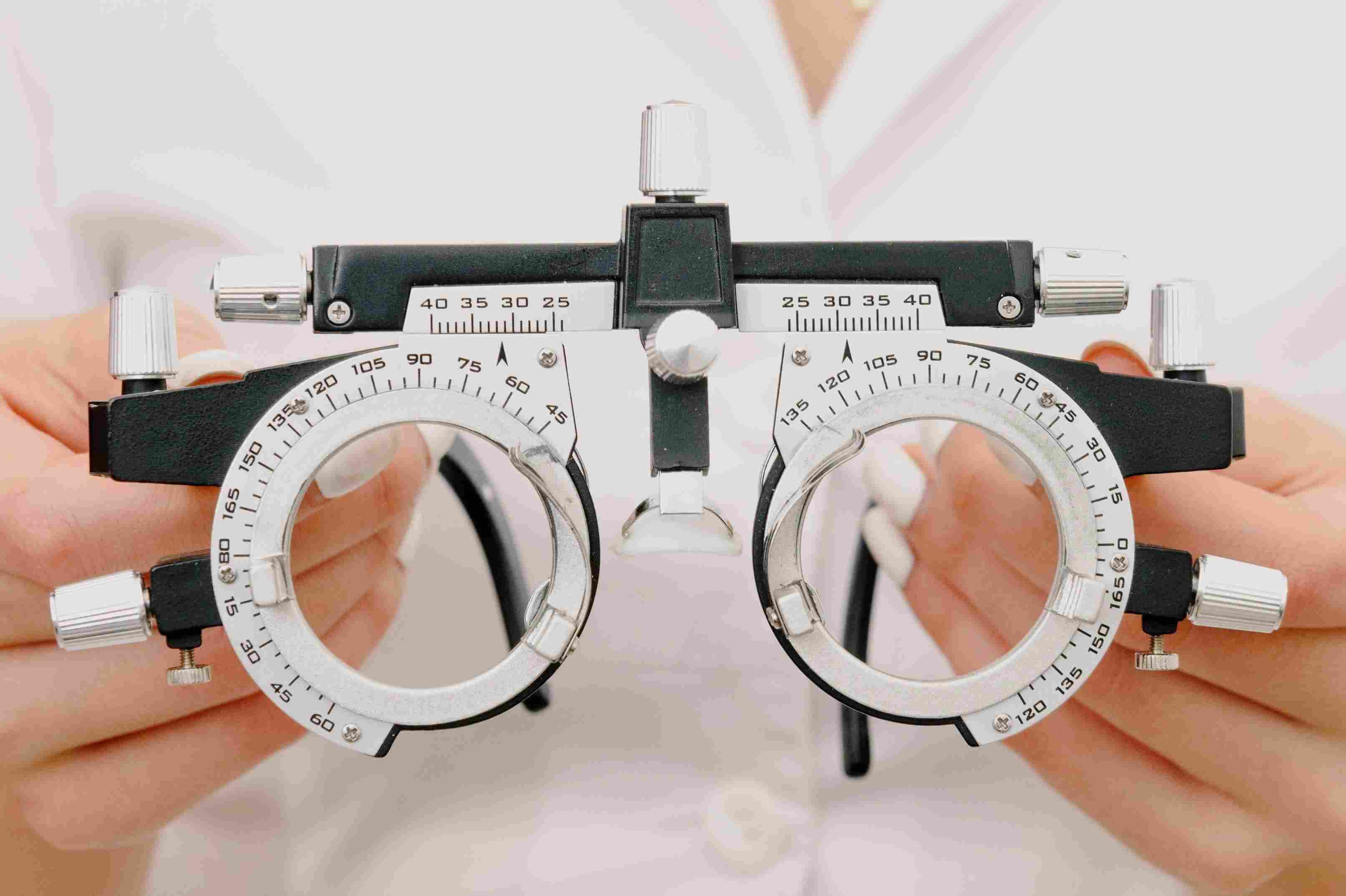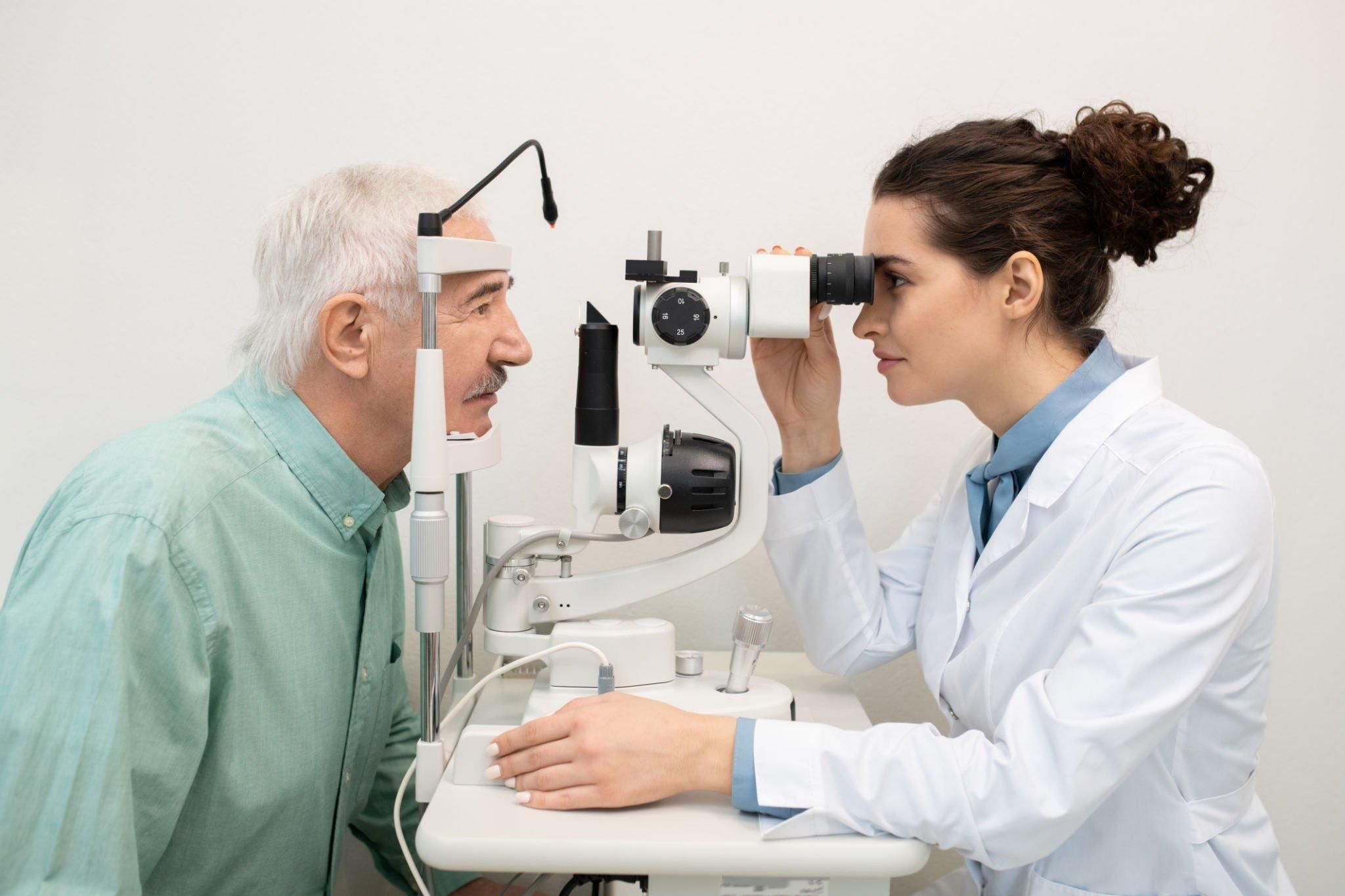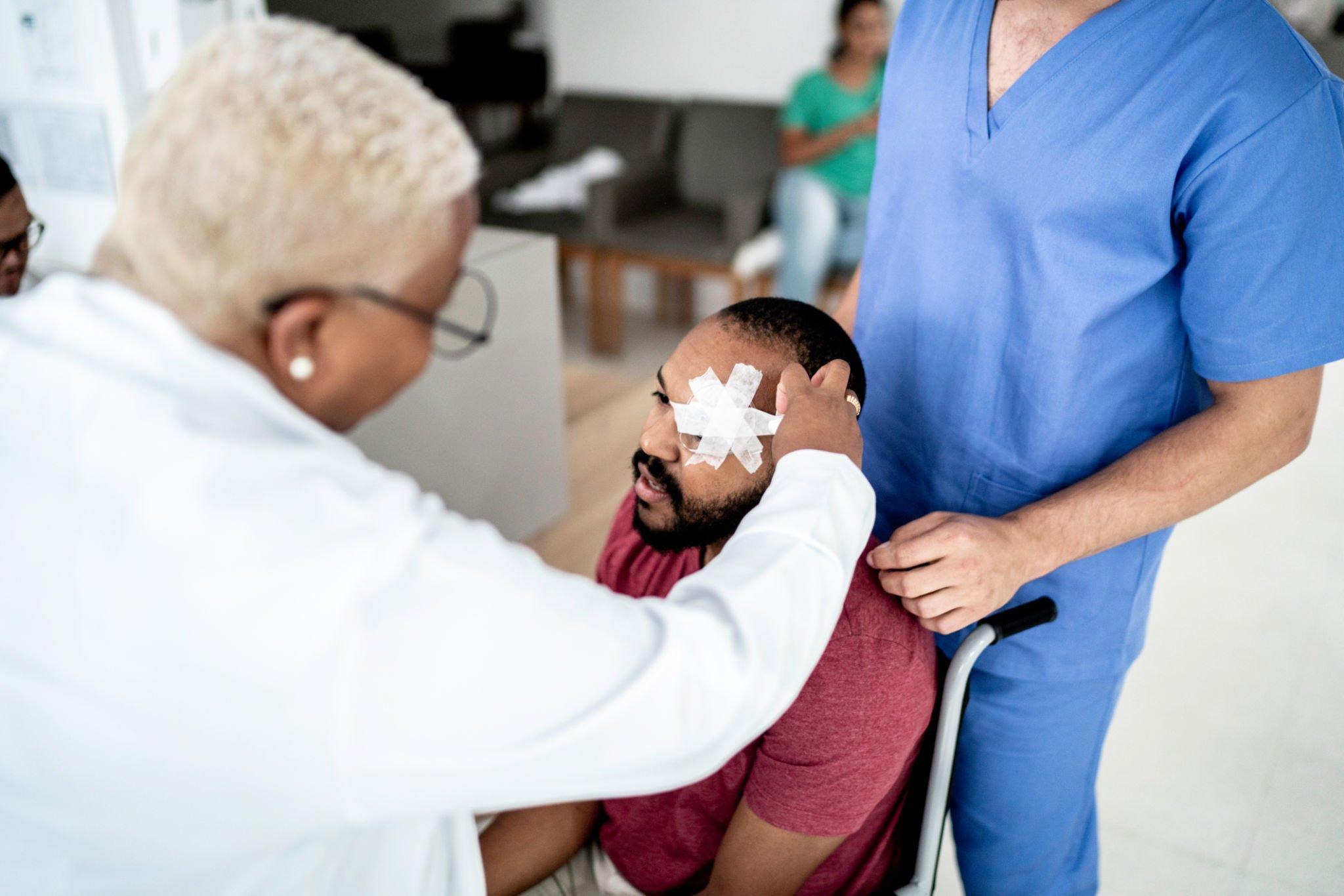Eye Health Education
Eye Health Education
Eye health education involves promoting awareness about eye care practices, preventive measures, and maintaining overall ocular well-being.
Explore

About Eye Health Education
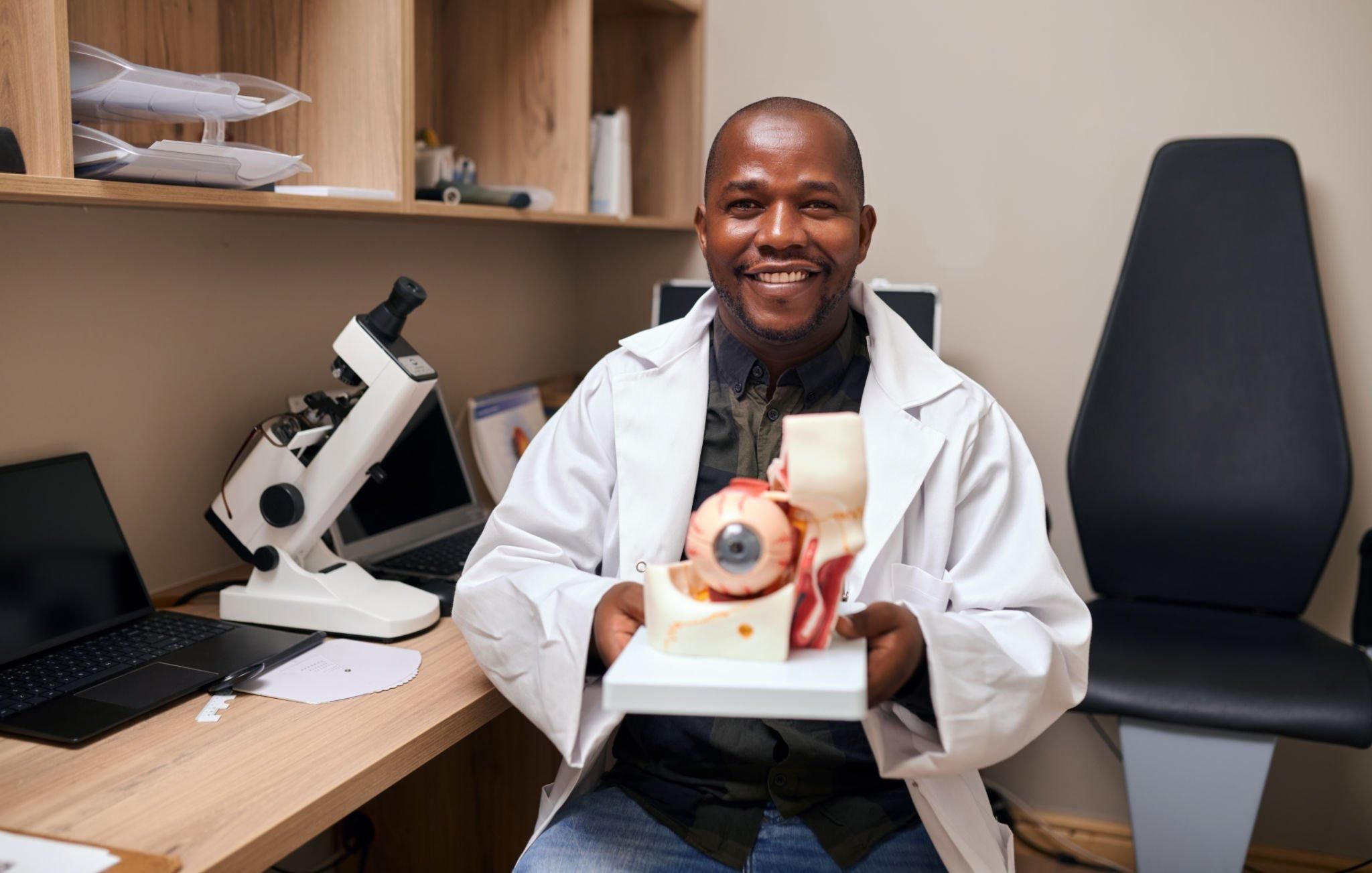
Empowering Vision Wellness: Eye Health Education in Comprehensive Eye Care
Eye health education is a fundamental component of comprehensive eye care, equipping individuals with knowledge and awareness to make informed decisions about their vision and overall eye health. By fostering understanding of preventive measures, common eye conditions, and the importance of regular eye care, education becomes a powerful tool in preserving clear vision and maintaining optimal eye wellness.
Key Aspects of Eye Health Education:
Eye health education encompasses various topics to promote a holistic understanding of vision care:
- Importance of Regular Eye Exams: Emphasizing the role of comprehensive eye exams in detecting and addressing eye conditions early, even in the absence of noticeable symptoms.
- Eye Anatomy and Function: Providing insights into the structure and function of the eye, including the cornea, lens, retina, and optic nerve.
- Refractive Errors: Explaining common vision problems such as myopia, hyperopia, astigmatism, and presbyopia, along with available correction options.
- Eye Safety: Promoting awareness of protective measures, including the use of safety glasses in specific environments and activities.
- UV Protection: Highlighting the importance of sunglasses with UV protection to shield the eyes from harmful ultraviolet rays.
- Digital Eye Strain: Providing information on the impact of prolonged screen time on eye health and suggesting strategies to reduce digital eye strain.
- Nutrition and Eye Health: Educating on the role of a balanced diet rich in vitamins and nutrients in supporting eye health and preventing conditions like macular degeneration.
- Common Eye Conditions: Offering insights into conditions such as glaucoma, cataracts, diabetic retinopathy, and dry eye syndrome, including symptoms and risk factors.
- Age-Related Eye Changes: Informing individuals about natural age-related changes in vision and the importance of adapting to evolving eye care needs.
- Contact Lens Hygiene: Stressing the significance of proper contact lens care and hygiene to prevent infections and complications.
Promoting Healthy Habits:
Eye health education extends beyond information dissemination, encouraging the adoption of healthy habits and practices:
- Encouraging Regular Exercise: Highlighting the positive impact of physical activity on overall health, including eye health.
- Emphasizing Proper Nutrition: Promoting a diet rich in fruits, vegetables, and nutrients that support eye health.
- Advocating for Eye Protection: Reinforcing the use of protective eyewear in activities with potential eye hazards, such as sports and certain professions.
- Creating a Vision-Friendly Environment: Providing tips for optimizing lighting, reducing glare, and maintaining ergonomic setups for computer use.
- Encouraging Breaks from Screen Time: Advising on the importance of regular breaks to reduce eye strain during extended periods of digital device use.
- Stress Management: Recognizing the impact of stress on eye health and promoting stress-reducing activities.
Community Outreach and Collaboration:
Eye health education extends to community outreach programs, collaborative efforts with schools, workplaces, and healthcare providers. By fostering partnerships, comprehensive eye care professionals can reach a broader audience and promote a culture of proactive eye wellness.
Our commitment to eye health education in comprehensive eye care involves empowering individuals with the knowledge and tools to prioritize their vision, make informed choices, and adopt practices that contribute to lifelong eye wellness.

Other Services
Patient succes stories
Emma Davis
I recently underwent cataract surgery performed by Dr. Arup Chakrabarti, the Cataract surgeon at Dr. Ramesh Kumar Kurup & Sarada Memorial Hospital. Dr. Arup Chakrabarti's expertise and skill were evident throughout the entire process. The hospital's facilities were modern and well-maintained, creating a comfortable environment. Dr. Arup Chakrabarti's clear communication and personalized care made the entire experience smooth and reassuring. I am grateful for the excellent service provided by Dr. Chakrabarti and the dedicated staff at Sarada Memorial Hospital. I highly recommend their services for anyone considering cataract surgery.
Cataract surgeon
Dr. Arup Chakrabarti
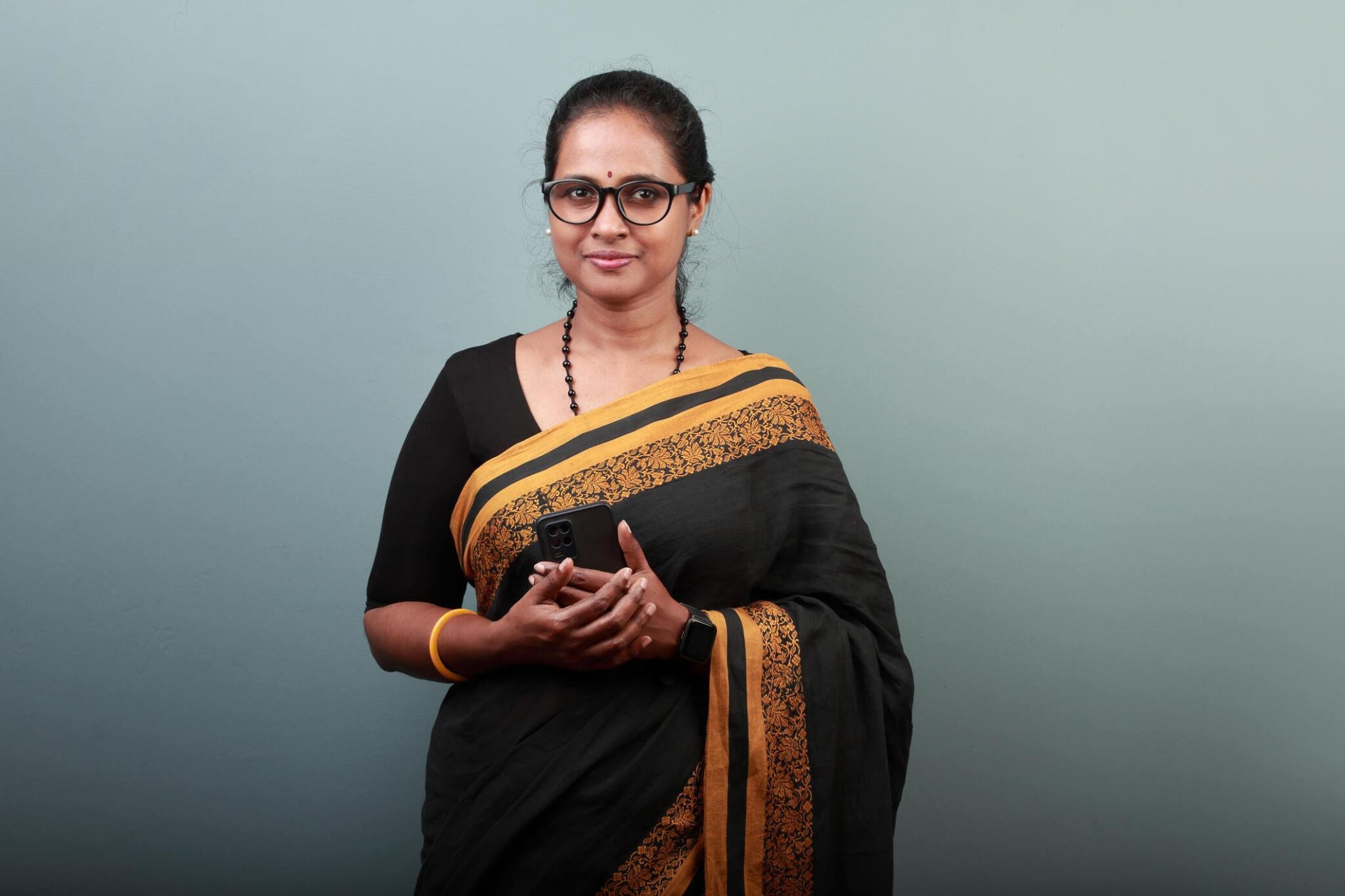
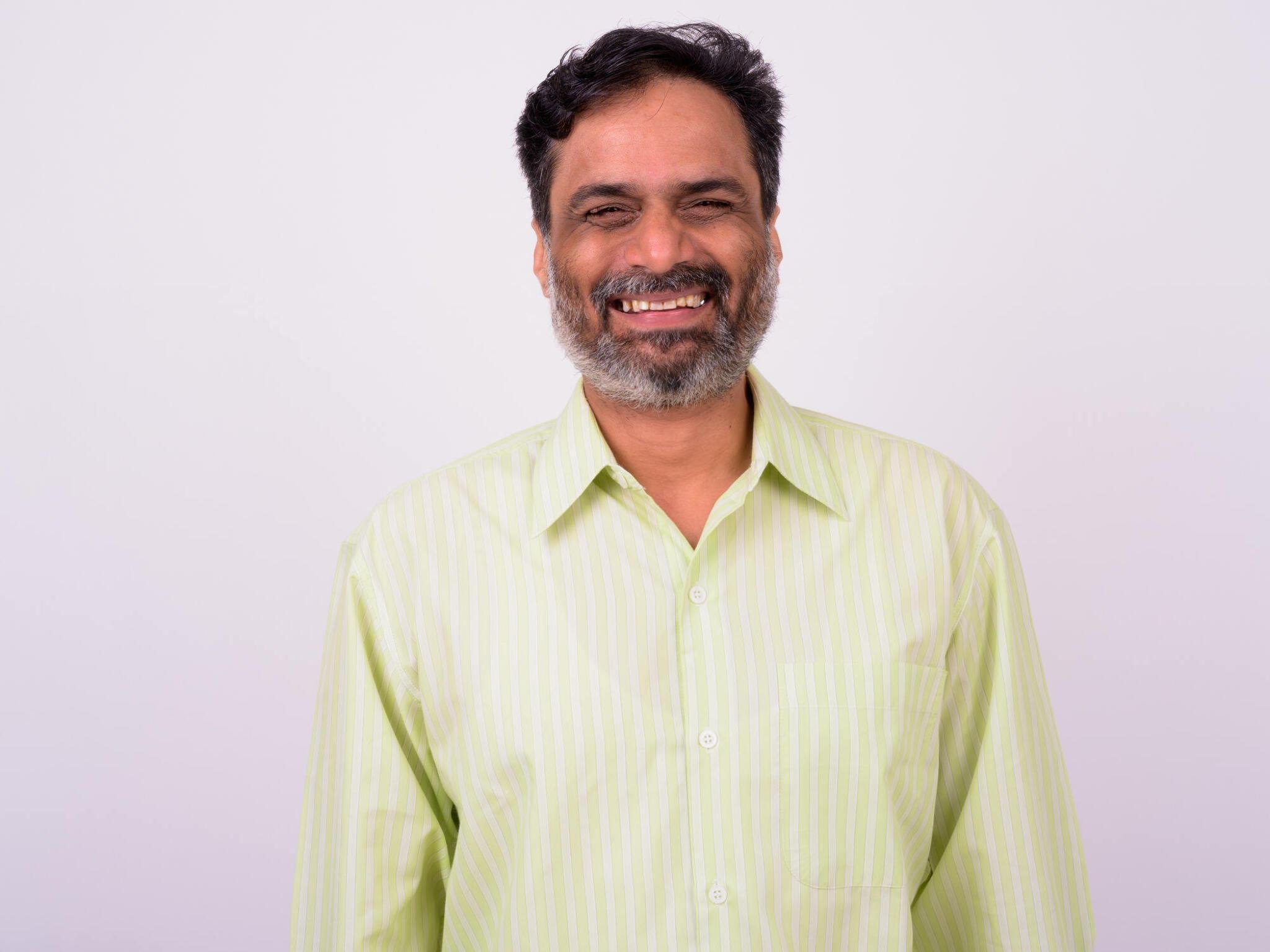
Mohan Pillai
I recently had the pleasure of being under the care of Dr. Meena Chakrabarti, a senior consultant at dr. Ramesh Kumar Kurup and Sarada Memorial Hospital. Dr. Meena Chakrabarti's professionalism and extensive knowledge in eye care were truly commendable. From the initial consultation to the follow-up appointments, her dedication to patient well-being was evident. The hospital's facilities were modern, and the support staff was efficient and courteous. Dr. Meena Chakrabarti's personalized approach and thorough explanations instilled confidence in the treatment process. I highly recommend Dr. Chakrabarti and Dr.Ramesh Kumar Kurup Sarada Memorial Hospital for their exceptional eye care services.
Senior Consultant
Dr. Meena Chakrabarti
